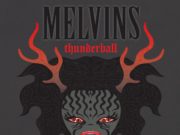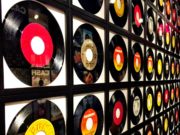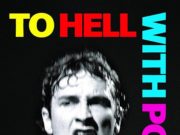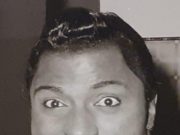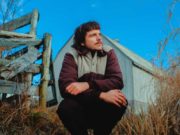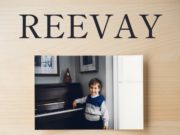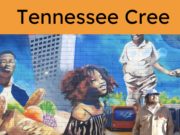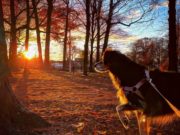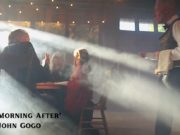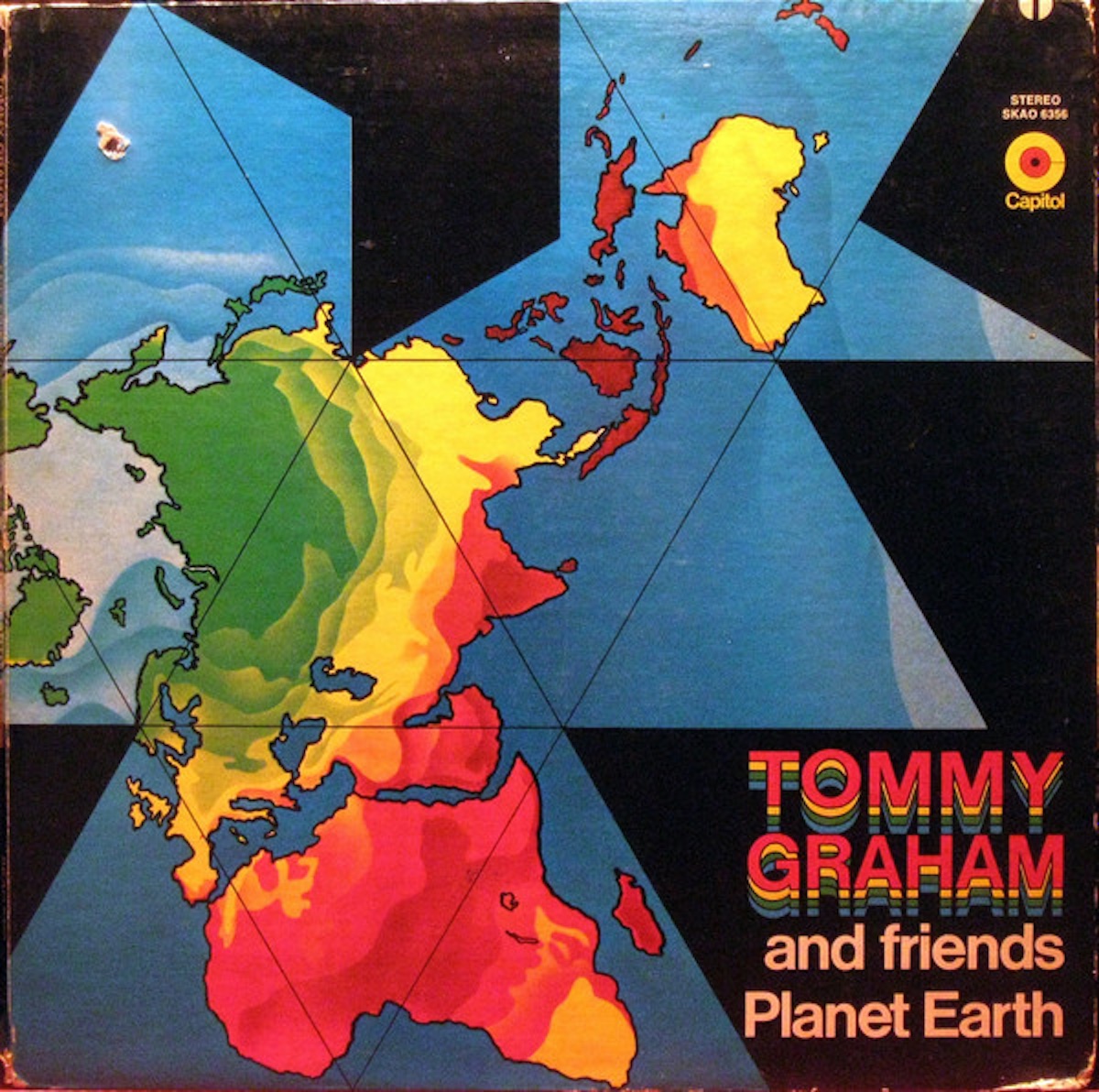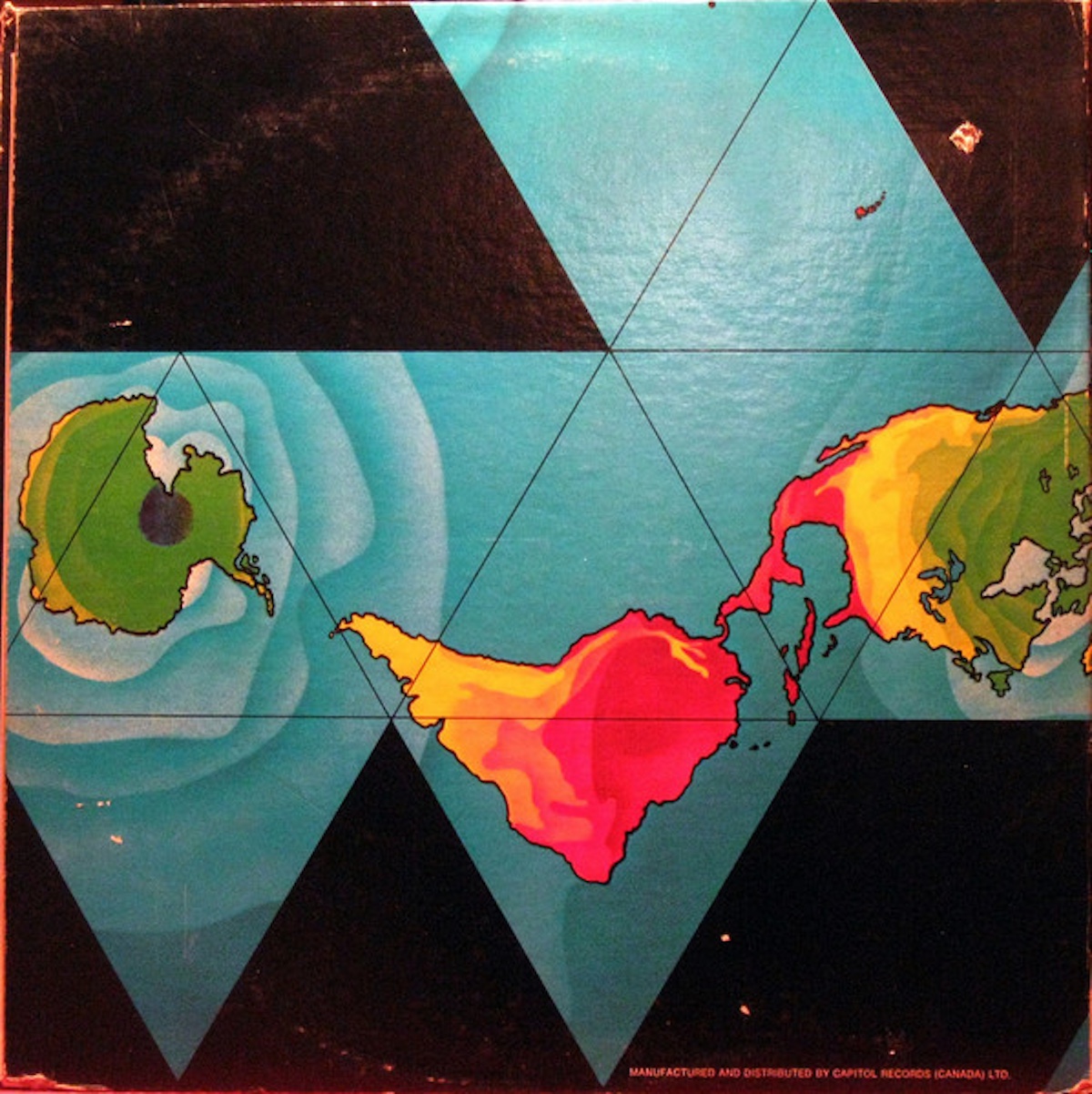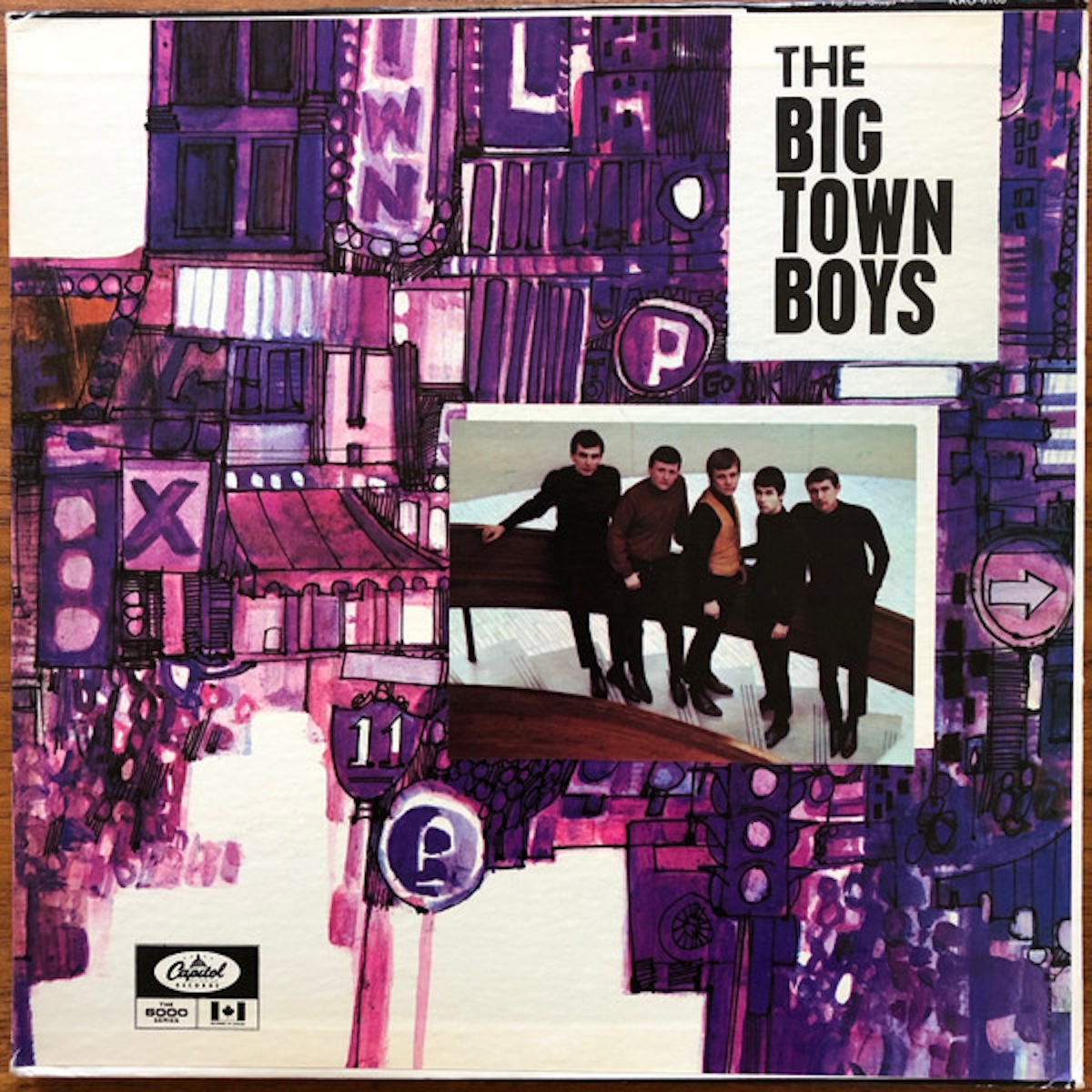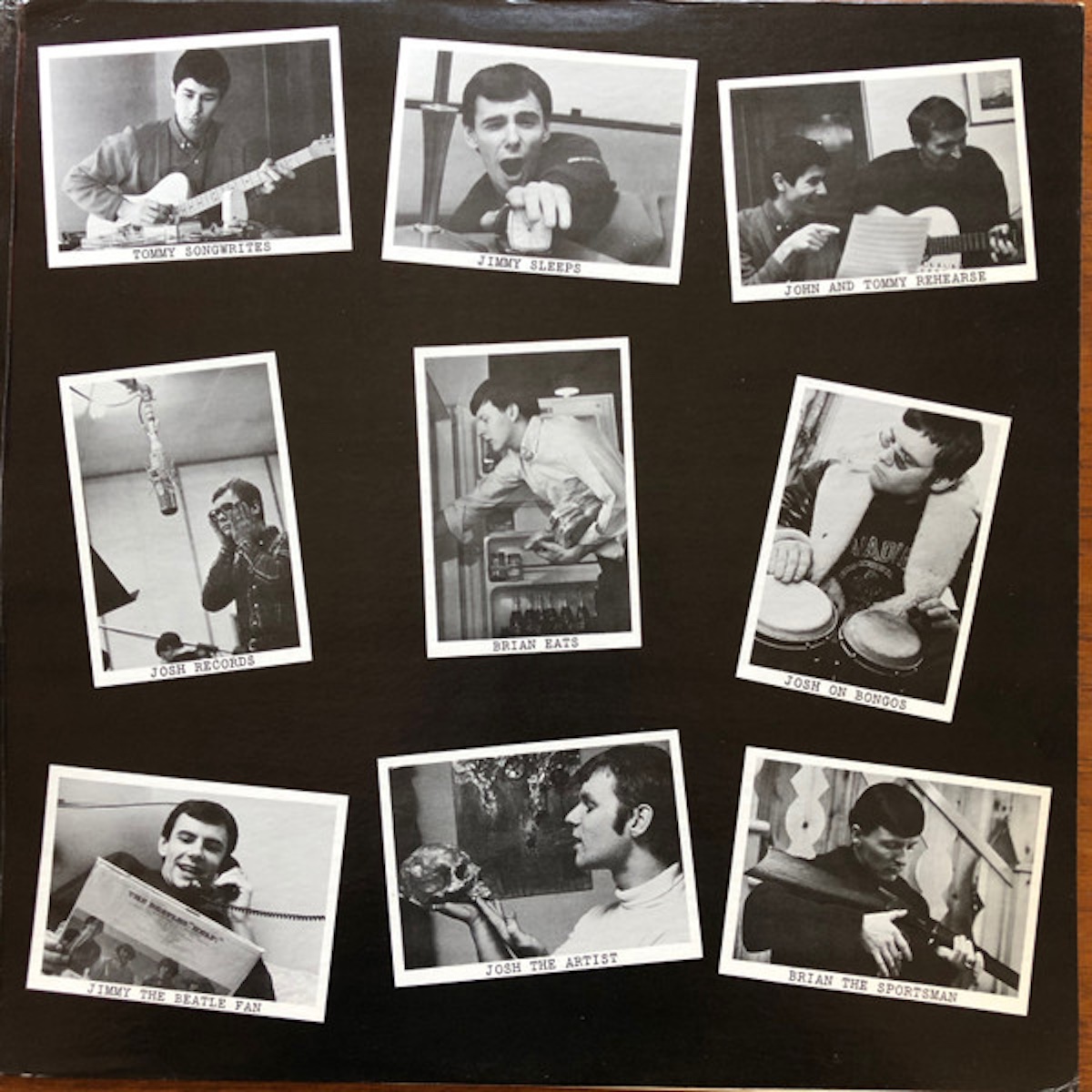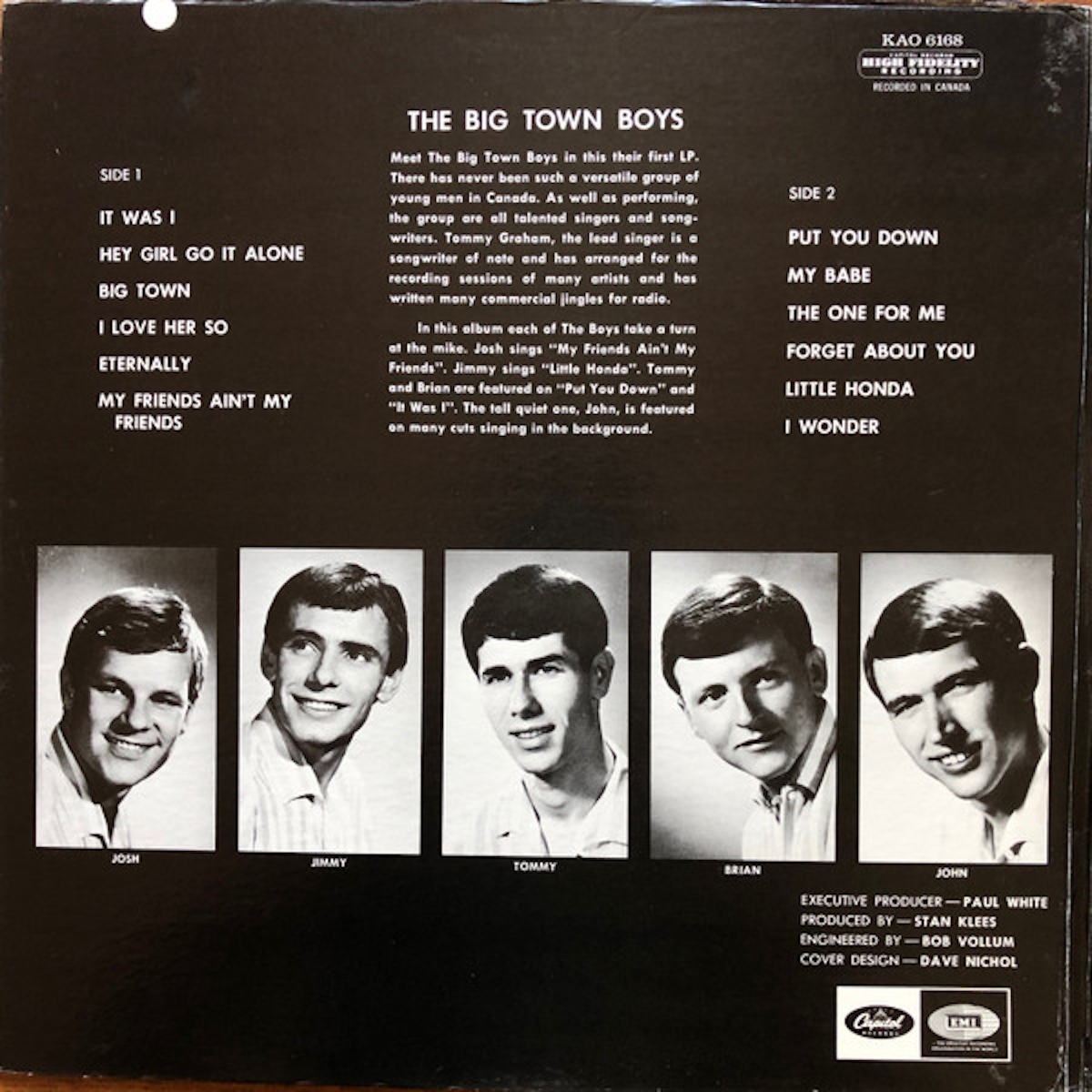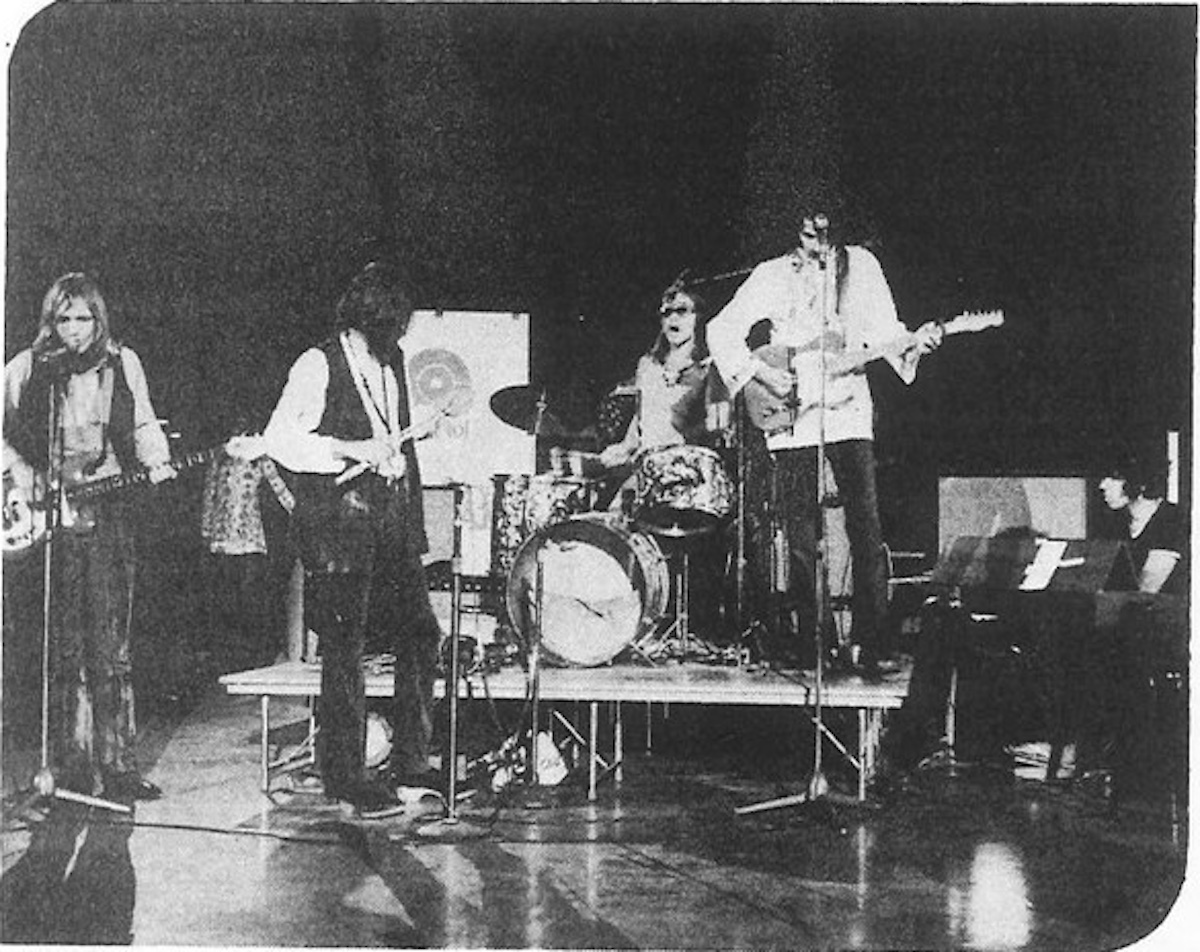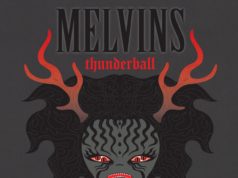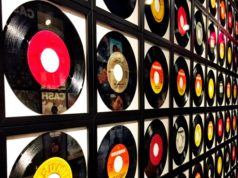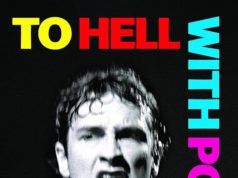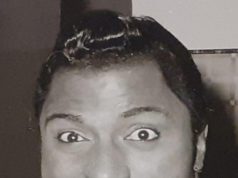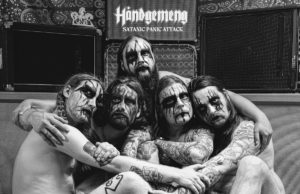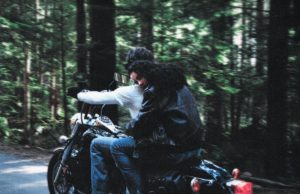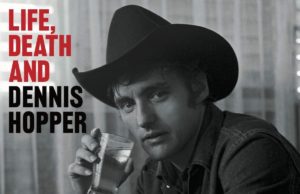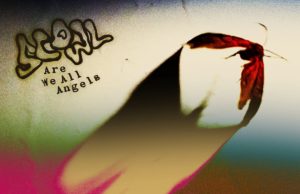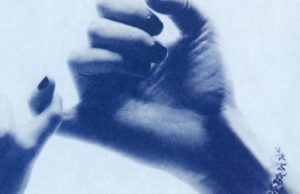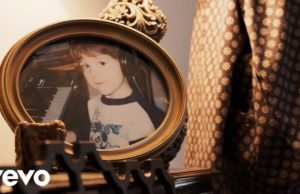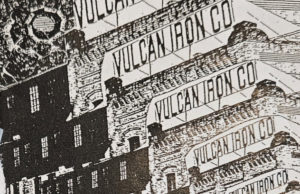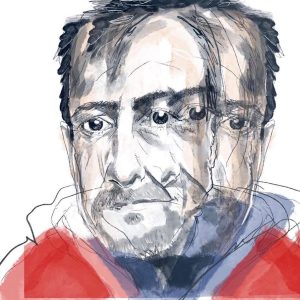 Capitol Records were clearly expecting big things from Toronto singer-songwriter-producer Tommy Graham. I found a copy of his 1970 debut album recently for $3. At first I had no idea what it was — but it sure looked cool.
Capitol Records were clearly expecting big things from Toronto singer-songwriter-producer Tommy Graham. I found a copy of his 1970 debut album recently for $3. At first I had no idea what it was — but it sure looked cool.
Planet Earth by Tommy Graham & Friends has a colourful, gatefold sleeve with big photos of the featured artist. I gave it a quick sample via a YouTube link I found via Discogs, because the album isn’t on Spotify. It was the brief Discogs profile of Graham which told me he was Canadian. The first track I sampled was Sahajiya, the one at the top of this column. It’s great, so I snapped it up. Since then, I’ve been trying to figure out just who the hell this Graham guy is/was. For starters, this is his only solo album.
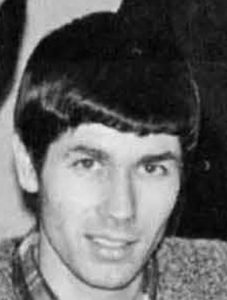 Graham’s real name is Thomas Goodings, and he first appeared on Toronto’s music scene in the early ’60s as a member of The Regents, who were the house band at the famed Club Bluenote. Located on the second floor of 372 Younge St., the booze-free after-hours club was ground zero for what was known as the “Toronto sound” — a blend of Motown, southern U.S. R&B and rockabilly. Graham played with The Regents from 1958 until 1960, and then left Toronto for three years in Los Angeles.
Graham’s real name is Thomas Goodings, and he first appeared on Toronto’s music scene in the early ’60s as a member of The Regents, who were the house band at the famed Club Bluenote. Located on the second floor of 372 Younge St., the booze-free after-hours club was ground zero for what was known as the “Toronto sound” — a blend of Motown, southern U.S. R&B and rockabilly. Graham played with The Regents from 1958 until 1960, and then left Toronto for three years in Los Angeles.
When he returned, he changed his name to Graham and formed The Big Town Boys, featuring himself on lead vocals and guitar, Brian Massey on bass, guitarist/organist John Henderson, drummer Peter “Josh” Collins, sax player James Arndt and Michael Lewis on trumpet, trombone, keys and vocals. The Big Town Boys also performed at the Bluenote, more often than not backing vocalist Shirley Matthews. They all travelled to N.Y.C. to record a track called Big Town Boy, which became a hit in Canada — in fact, it won Matthews a 1964 Gold Leaf (precursor to the Junos). The band eventually morphed into Tommy Graham & The Big Town Boys. He would continue working with these musicians well into the 1970s.
The Big Town Boys were around from 1964 until 1967 — touring extensively, playing shows in New York, opening for The Beach Boys on their cross-Canada jaunt in February and September 1965, and opening for The Dave Clark Five and The Lovin’ Spoonful. They also acted as Sonny & Cher’s backing band for a Sept. 2, 1965 show at Maple Leaf Gardens. Their best moment (for me) came in 1966 with the release of the smash-flop single August 32nd — on Capitol in Canada and Bell Records in the U.S.
The band had dropped the horn section for the track, and eventually dropped them permanently — even shortening their name to the B.T.B.–4 for their final two years together. Trumpeter Lewis left to study in Germany, where he scored a scholarship at the Munich Conservatory of Music — but he comes up in our story again later!
B.T.B.–4 cut one LP in 1966 — another lavish Capitol gatefold. The 12-track album featured nine original songs penned by Graham, with either Collins or songwriter/keyboardist Brian Jackson. Shortly after, bassist Massey left and was replaced by John Morton, followed by the departure of guitarist/organist Henderson who was replaced by organist/vocalist Peter Sterbach. The material from this era was pretty cool, from what I can tell. I dig the Paul Stanley-like vocals on this, from 1967:
The Big Town Boys had no manager. Graham took care of the business end and all the booking; plus he wrote or co-wrote and — after Lewis departed — arranged all their material. In 1968, Graham got the urge to leave. This time he planned to travel the world in search of himself, eventually arriving in India to study the sitar. After two years abroad, he got homesick for Hogtown and came back to record his debut album — Planet Earth — for Capitol.
It’s an excellent record — produced and arranged by Graham, but strangely, only four of the 11 tracks are originals. I’m based in Ottawa, so one thing in the liner notes jumped out at me — two of the songs are “published by Bytown Music.” I normally associate this with Bruce Cockburn, and it turns out I wasn’t far off. The two Bytown songs are David’s Song, written by David Wiffen and Show Me The One, written by Alexander “Sandy” Crawley. Both men, along with Cockburn, Peter Hodgson (Sneezy Waters), Neville Wells and William Hawkins were members of the Canadian group The Children. The album also includes covers of Donovan’s Celeste, Van Morrison’s Brown Eyed Girl and Burt Bacharach’s Twenty Four Hours From Tulsa.
The song that prompted me to buy the album, Sahajiya, was written by Brent Titcomb — who later recorded the song himself in 1975 on CBC Radio-Canada Records. These days, Titcomb might be best-known as a member of Tom Wilson’s Lee Harvey Osmond. Wilson’s other band Blackie And The Rodeo Kings also recorded Titcomb’s You’re So Easy To Love. Anne Murray and Glen Campbell have recorded several of his songs as well. He hosted his own show on CBC TV, did a Canadian Tire commercial and also did voice work in the animated films Clifford’s Fun With… and The Care Bears Movie.
The track Winners And Losers is a co-write with Ken Tobias (the guy who wrote Stay Awhile by The Bells), and Brian Ahern of CBC’s Singalong Jubilee. Ahern was married to Emmylou Harris in the late ’70s and early ’80s. One mystery is the track Long Way From Home, which is credited to the songwriter Dove. I have no idea who that is.
The album was recorded at Bay Studios in Toronto, which was run by Arc Records, one of Canada’s most-successful labels in the 1960s. Some notable musicians on it include drummer Ron Tully (Moe Koffman), pianist Bill Speer (Anne Murray, Ronnie Hawkins, Ugly Ducklings), and pedal steel guitarist Buddy Cage (New Riders of the Purple Sage).
As I mentioned, the album isn’t on Spotify, so I did my best to make a YouTube playlist of the available tracks. Missing: Things Ya Say, Feelin’ Good, Brown Eyed Girl, Celeste, Long Way From Home and Show Me The One. I did include a few extras, though. Enjoy!
In the years after this record, Graham went on to produce a lot of world music, including recording indigenous music in the mountains of South America. In 1973, he travelled to Germany and reconnected with his old Big Town Boys bandmate Lewis. There, Lewis and other BTB alums Morton and Collins formed the prog/Krautrock band Moosknukkl Groovband. Their one self-titled LP is a collector’s item and will set you back hundreds. It’s fantastic. It was engineered and recorded by the legendary Conny Plank, who worked with Kraftwerk in their infancy, as well as Neu!, Cluster, Ash Ra Tempel, Can, Scorpions and Killing Joke.
Legend. And I believe Graham is still with us. Hey Tommy — reach out!
• • •
Area Resident is an Ottawa-based journalist, recording artist, music collector and re-seller. Hear (and buy) his music on Bandcamp, email him HERE, follow him on Instagram and check him out on Discogs.



